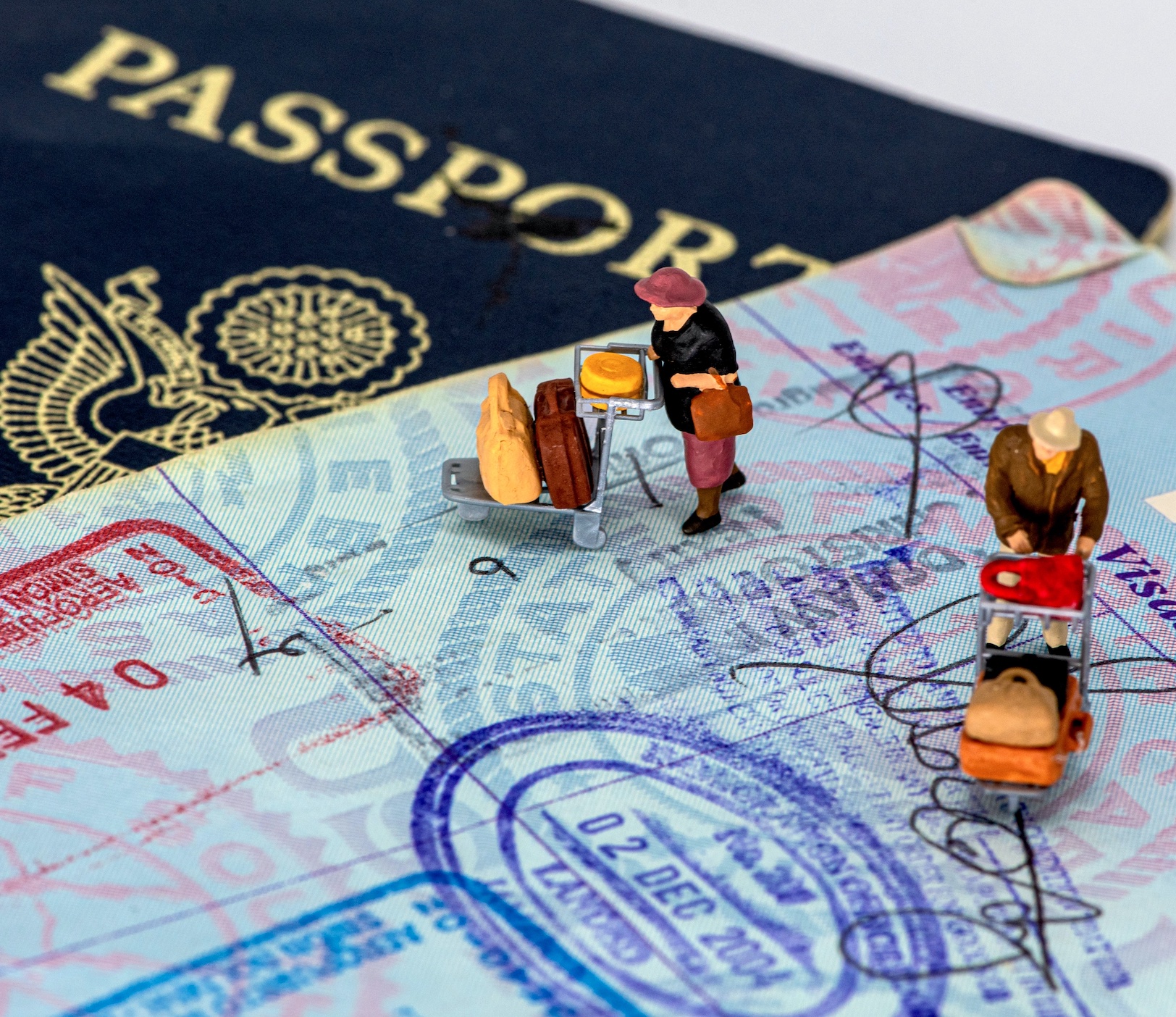First, don’t panic. Many applications that are issued 221(g) status are resolved and accepted.
What is 221(g)? What does it mean? If you are asking this question, it probably means that you or a family member or a friend went to a visa interview at a U.S. consulate abroad and instead of getting their visa, they were given a sheet of paper saying, “Visa refused under 221(g).”
So what exactly does 221(g) or 221g mean?
As an immigration lawyer in Los Angeles I help people in the United States, and throughout the world, get their visas out of administrative processing and stop those unnecessary delays.
What Does 221(G) Mean?
When an applicant is refused under 221(g), it means the consular officer determined that the applicant was not eligible for a visa after completing and executing the visa application and any required interview. Using the immigration and nationality act, a Visa office or consulate will declare a 221g when there’s something missing, and they’re not able to issue a visa at this time. It also means that the applicant will now have to go through additional processing, also known as administrative processing or administrative clearance.
If you’re following what I’m saying, you’ll realize that this really doesn’t make much sense. They’re saying the visa can’t be issued because it needs additional processing, but what does that mean specifically?
That’s a very good question.
Administrative processing is just additional processing after the visa interview. You may keep asking, “Well, what does that mean?” or “Why is that?” This is what my son does. I have a 4-year-old, and he asks “Why?” 100 times. “Why this?” “Why that?” “Why is the sky blue?” He asks you a million “Why?” questions and eventually you end up reaching a point where you can’t answer them anymore.
Questions Without Answers
When it comes to administrative processing and a 221(g) refusal, you may keep asking questions like “Why is this in administrative processing?” “What’s causing this?” “How long is it going to take?” “What’s the government checking?” “What’s really going on with my immigration case, or with my visa application?” Eventually, you’ll realize that you’ll never get any good answers from the United States government. They’ll never explain to you what exactly is going on.

For now, you should know that 221(g) means that you’re not denied, and you’re not approved. They’re just making you wait. Essentially you are experiencing a delay in your visa application. A visa application with a 221(g) status is an excuse that the consulate is giving you when they want you to go through some additional background checks or additional reviews, but they never really define exactly what’s going on.
I’ve been involved with countless lawsuits against the State Department and various consulates around the world regarding visas with 221(g) statuses. I probably know as much about administrative processing as any private bar lawyer, and I can tell you that I don’t know much about it.
A 221(g) Refusal is an Excuse
Issuing a 221(g) is basically the State Department giving an excuse when they don’t want to issue the visa, but they have no grounds to deny the visa. It’s just a delay. That’s what 221(g) means under the immigration and nationality act. It means that they want you to wait.
The solution, of course, is to fight back. But for now, you should know that you just have to wait. There are times when a mandamus lawsuit is not the answer. It’s very unfortunate and unfair, but that’s what 221(g) means.
How Do I Fight Back After Being Issued a 221(g)?
First, don’t panic. Many applications that are issued 221(g) status are resolved and accepted. For many visa applicants, a 221(g) should not be viewed as the end of the road. In fact, it is quite common to receive a 221 (g) visa refusal by a consular officer. Typically, these are essentially a Request for Evidence (RFE) from the officer or issued for administrative processing. These reasons do not require additional documents from the visa applicant. Typically, they involve internal background checks on the applicant and/or the petitioning employer where applicable.
The easiest way to expedite resolving your 221(g) is to hire an experienced immigration lawyer to help you navigate the red tape and confusion involved in these cases. We can assist the applicant by explaining the reasons for the delay, and to help an applicant take steps to address them, either by preparing additional documents or by explaining the circumstances directly to the consular officer who issued the 221(g). We can also ensure that paperwork is filled out correctly and completely, which further assists in getting approval on a visa application.


Join the conversation!